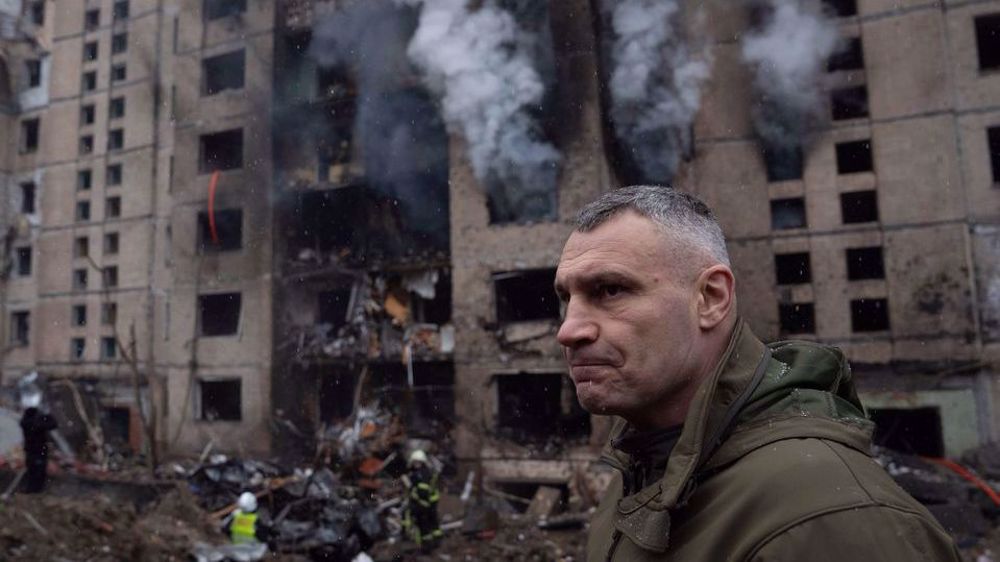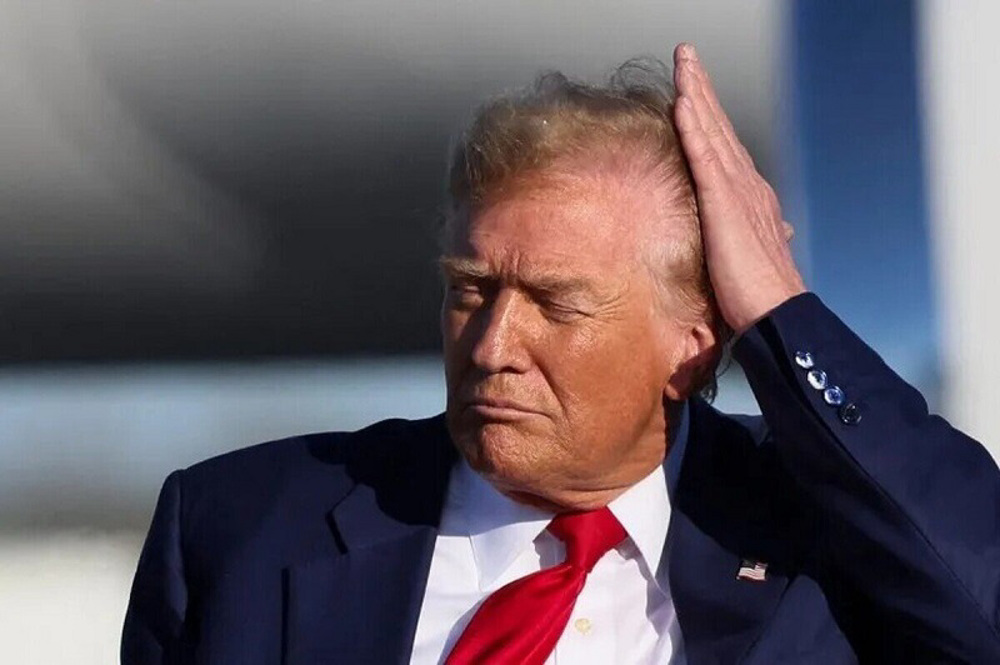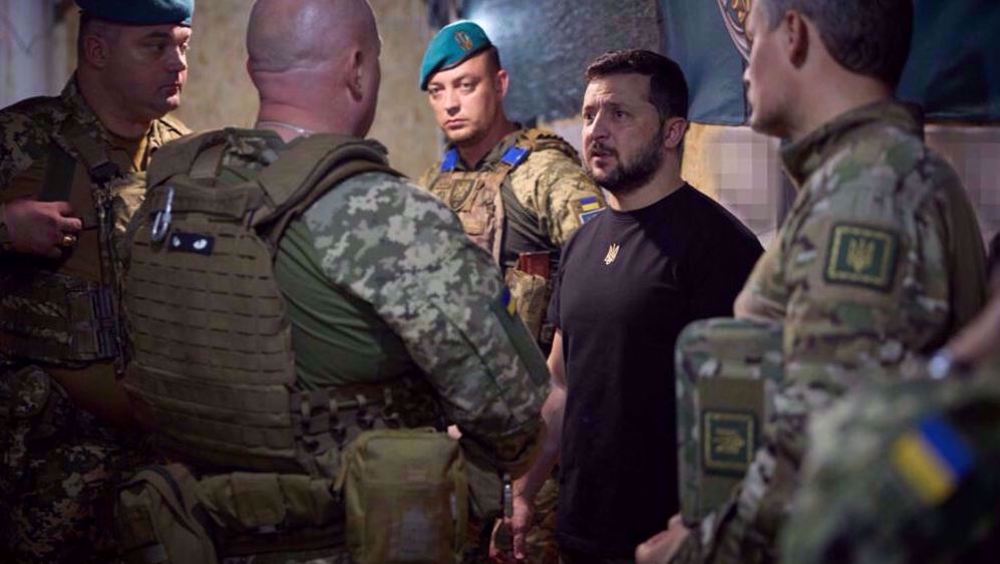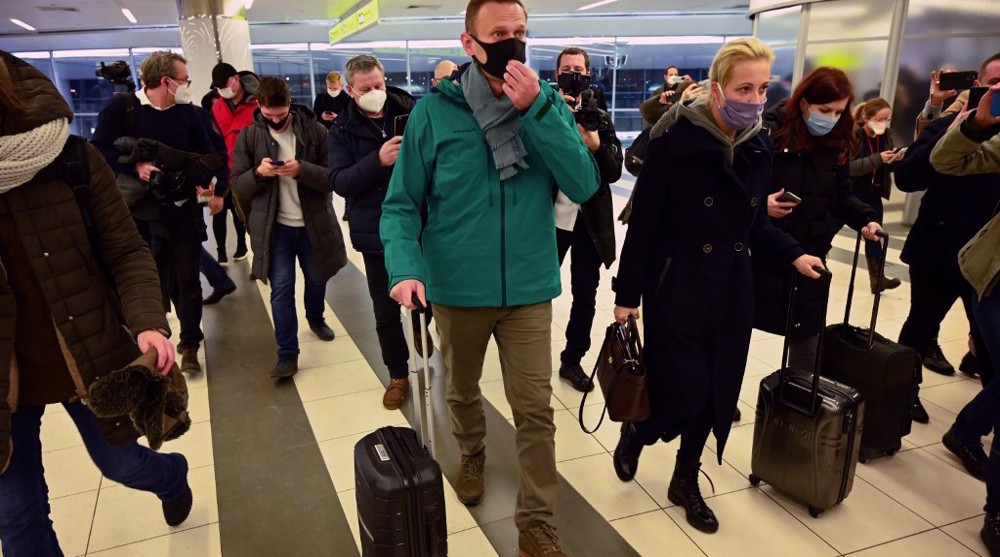Putin backs free speech, slams as ‘dangerous’ protests demanding Navalny’s release
Russian President Vladimir Putin has thrown his weight behind the freedom of expression in the country, but denounced as “dangerous” illegal demonstrations held by supporters of detained Western-backed blogger Alexei Navalny.
The president on Monday condemned protests demanding the release of the opposition figure and said nobody should use unauthorized protest action to further their own political interests.
“Everyone has the right to express their point of view within the framework provided by the law. Anything outside the law is not just counter-productive, but dangerous,” the Russian president said.
Putin also cited upheaval caused by the 1917 Russian Revolution and the 1991 collapse of the Soviet Union as examples of how illegal action could cause misery to people and should therefore best be avoided.
"In the history of our country, we have repeatedly encountered situations when the situation went far beyond the law, and shook our society and the state, where not only people who were engaged in it suffered but also those people who had nothing to do with it," he said.
"All these events about which I just talked about - no one should use them trying to reach their ambitious goals and objectives, especially in the field of politics. This is not how politics is done, at least not a responsible politics," he added.
Moreover, Putin dismissed claims by Navalny that he owns a lavish property on the Black Sea, saying, "Nothing that is listed there as my property belongs to me or my close relatives, and never did."
Russia issues diplomatic protest to US embassy
Earlier in the day, the Russian Foreign Ministry submitted a formal protest after the US diplomatic mission in Moscow shared social media posts in support of unauthorized demonstrations for the release of Navalny.
"Russia strongly protested against the US embassy's social media posts," Russia’s Foreign Ministry spokeswoman Maria Zakharova said in an interview with the Russian TV network, adding that Moscow viewed these posts as "direct interference in our country’s domestic affairs."
Zakharova also accused some US media outlets of spreading "fake news" as part of attempts to promote anti-Kremlin demonstrations, and said Russia would probe American IT companies over their "interference" in Russia's internal affairs.
Moscow has on several occasions warned the US embassy against encouraging and the promotion of unauthorized rallies in support of the detained Western-backed blogger.
Thousands of Navalny’s supporters gathered in the Russian capital during an unsanctioned demonstration on Saturday to protest the detention of the 44-year-old opposition figure and to demand his immediate release.
Many of the protesters were detained amid strict police measures on the demonstrations.
The US embassy had posted the date and places of the protests on social media.
Navalny’s aide calls for fresh protests
Meanwhile, a senior aide to the jailed dissident blogger called on Monday for anti-Kremlin demonstrations for the weekend.
Leonid Volkov, the head of the opposition figure’s regional network, urged Russians across the country on Twitter to take to the streets "for Navalny's freedom, for freedom for all, and for justice.”
Russian police detained Navalny on arrival at Moscow’s Sheremetyevo Airport from Germany last week, five months after he was transferred to a hospital in Berlin to be treated for what the West alleged had been a nerve agent attack by Moscow.
Western governments have nevertheless been attacking Russia with accusations that it poisoned Navalny, saying Moscow must help investigate the case or face consequences.
Russia denied the allegation, describing it as a provocation of Western intelligence services aimed at justifying more sanctions against Russia.
Germany has rejected a request by Russian prosecutors to provide Navalny's medical records for a comparative study of his condition.
Navalny, who was arrested for violating the terms of a suspended sentence he initially received in 2014, is set to remain behind bars until mid-February, awaiting trial.
Last October, EU foreign ministers agreed to support a French-German proposal to slap sanctions on several Russian military intelligence officials over Navalny’s case.
Russia, in response, announced retaliatory sanctions against a number of European officials over their “confrontational” actions.

Ukraine may have to 'give up land' to Russia to secure peace: Kiev mayor

Trump Ukraine mediation muddle

Ukraine peace talks downgraded in London as Kiev rebuffs Trump’s proposal
Iran declares holiday in Bandar Abbas port as fire still raging
VIDEO | NY protesters demand end to genocide on Global Day for Gaza
VIDEO | Pope Francis funeral mass held in St. Peter's Square
VIDEO | UK education activists focus on decolonization
Iran supports any measure to strengthen peace, tranquility: Pezeshkian
Iran, Russia agree to transfer gas via Azerbaijan: Minister
VIDEO | US joins global protest day to demand Israel lift 8-week siege
HTS gunmen, allied militants kill over dozen Alawites in Syria’s Homs














 This makes it easy to access the Press TV website
This makes it easy to access the Press TV website